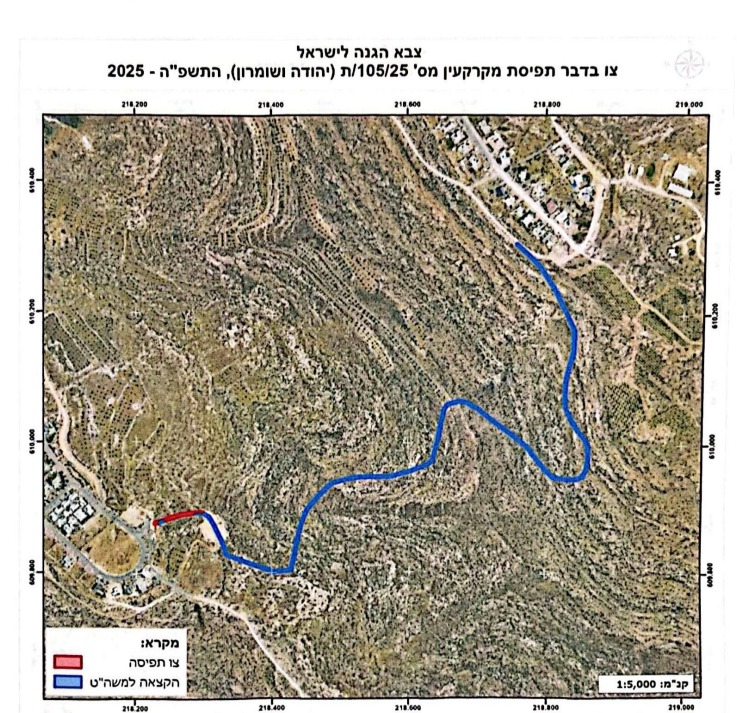DAMASCUS, October 19, 2010 (WAFA)- The Elders have called for a more comprehensive approach to the Israeli-Palestinian peace talks following discussions with officials, civil society, business and young people in Gaza, Egypt and Syria. During their visit to the region, the Elders have repeatedly heard that there are very low expectations that the current U.S.-led talks between Israel and the Palestinian Authority will succeed.
According to a press release, the leader of the Elders’ delegation, former Irish President, Mary Robinson said: “A far greater sense of urgency is needed. People are tired after almost two decades of talks. They keep telling us that there is too much focus on process and not enough on results. They are asking themselves whether the United States and the Quartet are more interested in managing the conflict than resolving it. As Elders, we believe the two-state solution has the potential to deliver peace – but a more energetic and comprehensive approach is needed. ”
The Elders believe that the Arab Peace Initiative is a sound basis for sustainable peace. As well as hearing views on regional attitudes to the Israeli-Palestinian process, the Elders discussed prospects for peace between Syria and Israel with President Bashar al-Assad in Damascus. The Elders believe Syria-Israel peace negotiations should recommence as soon as possible. At same time, it is important that talks start when both sides are ready. To start and fail repeatedly is not helpful to any process, according to the press release.
Former U.S. President Jimmy Carter said: “My fellow Elders have briefed me on their visit to Gaza – which confirms my fears that the situation is deteriorating sharply for the people trapped there. The blockade is one of the most serious human rights violations on Earth and it must be lifted fully. Expectations across the region for the current talks between Israel and the Palestinians are very low. One of the foundations of hope is to see things getting better, but things are not improving. How can you expect people without hope to believe in a better future?”
A central theme of the Elders’ talks in the region has been the urgent need for Fatah and Hamas to provide the Palestinian people with unified leadership. Primary responsibility for reconciliation lies with the parties, but the Gaza blockade and the international boycott of Hamas complicate this effort. The Elders are concerned that Fatah and Hamas are arguing about minor issues and the location of talks rather than major issues that need to be resolved. Palestinian divisions are further compounded by pressure from outside forces.
Former Algerian Foreign Minister Lakhdar Brahimi said: “The Palestinian people are paying the price for the divisions in their leadership and in the region. Peace talks between the Palestinians and Israel won’t go anywhere until Hamas and Fatah work out their differences. In my view there should be greater Arab support for the Palestinians, rather than playing out rivalries in the Palestinian arena. The international community’s boycott of Hamas is counterproductive.”
Ela Bhatt, a Gandhian who is committed to non-violent struggle, has urged Palestinians to be more creative and self-reliant in their resistance to the occupation. “It is not easy to talk about non-violence with people who have to face violence every day. But I believe the people we have met can find a non-violent way forward. The key is self-reliance. Gaza in particular is controlled by powerful outside forces. If the people take development and peaceful resistance in their own hands, and make that part of their strategy, then those with weapons will eventually find themselves irrelevant.”
The Elders are an independent group of eminent global leaders, brought together by Nelson Mandela in 2007, who offer their collective influence and experience to support peace-building and help address major causes of human suffering.
The Elders are Martti Ahtisaari, Kofi Annan, Ela Bhatt, Lakhdar Brahimi, Gro Brundtland, Fernando Henrique Cardoso, Jimmy Carter, Graça Machel, Mary Robinson and Desmond Tutu (Chair). Nelson Mandela and Aung San Suu Kyi are honorary Elders.
Four members of the Elders will take part in this visit to the Middle East, Mary Robinson (delegation leader), former President of Ireland, former United Nations High Commissioner for Human Rights.
Ela Bhatt, Gandhian and founder of the million-strong Self Employed Women’s (SEWA) Association of India.
Lakhdar Brahimi, former UN Envoy, former Foreign Minister of Algeria
Jimmy Carter, former President of the United States of America (1977-81
Mary Robinson, Ela Bhatt and Lakhdar Brahimi were joined by Jimmy Carter for meetings in Cairo and Damascus. They depart Syria later today for Jordan, followed by Israel and the West Bank.Damascus, Tuesday 19 October 2010









